Are you a bachelor? Can you cook? Construction and reconstruction of gender roles
I have been asked with some basic yet compelling questions, questioning the very foundational underpinning and bedrock of gender roles, particularly in Bhutan. As I reflected again and again on those questions, I felt compelled to sensitize on these topics, however naive and unfounded my frame of mind be. It is going to be quite lengthy to put it as a Facebook post (status update), therefore this blog post is only medium available for me to reach out…
“…Are you a bachelor? Yes, I am. Did you have your breakfast? Yes, I had. Do you know how to cook? Yes, I do know…” an excerpt from a conversation I have had with one of my senior colleagues a few days ago.
Let me answer the last question first! Did this question surprise me? Yes and No.
No! I have male friends in their late twenties and early thirties who cannot cook. Categorically speaking, who do not know how to prepare curry; rice can be cooked rather easily in an electric run rice cooker. Wait a minute…you got to be mindful of amount of water you put in for proportionate amount of rice. They are quite comfortable in admitting the fact. And, you could be one among them? No offence! An incidence that might be of an interest…back in fall 2011 when I was at Sherubtse, an acquaintance had boiled potatoes, a kind of starter, for dinner was quite early [we were staying as self-catering students]. It was so tasty that a friend and classmate of mine, immediately ran into the kitchen and boiled another round of potatoes. You know what had transpired? Instantly, after putting out the power and removing the pan [curry cooker], he had soaked the potatoes in cold water so that we can have it the very next moment…Potato is one very soluble vegetable [food item] even in its raw form. You imagine what came out of that very experience…uncompromising crave for taste. Usually, I am not taken aback when I am asked with such question on whether I can cook or not because I have [that] prior experience. I am not a good cook, though.
What gives an impression among general populace that men [boys] cannot cook? I grew up in a traditional society, a remote yet quite a vibrant countryside. As a young boy, I helped fetch water, build fire and do dishes during neighbours’ ritual. During those community events, I saw men taking lead role in cooking for quite a good number of people, say between 50 to 100 people. Indeed, an experienced and proven chef [sic] would be requested. Hold a step back. What about my own home? Yes, normally my mother took charge of domestic chores including cooking. But, my father can cook as well though not as good as my mother [cooking in the sense of any other villagers are expected of]. Topic of public and domestic spheres of life comes into picture – men in public sphere versus women in household level, including cooking.
How did I learn to cook? Circumstances helped me become equipped with certain life skills – cooking in this case. Being the eldest, when my parents left for work, be it either our own domestic or neighbours’, I was under an obligation, as early as nine years old, to prepare food for my two younger sisters and also for parents when they would return home from work, occasionally though. That was traditional style village based art of cooking on hearth. I got accustomed to present day urban way of cooking at Sherubtse College where I stayed as a self-catering student from the second semester onward. Some of my closest friends know how my initial cooking style were. Besides academic competency, Sherubtse helped me prepare to pursue an independent life. One notable impact of giving autonomy and responsibility at relatively young age by societal institutions including educational, is enabling students to acquire certain life skill such as managing your own mess and associated financial discipline. I do know that my friend who soaked boiled potatoes in the cold water, now placed as a Teacher, has become a good cook!
Why make a fuss out of that simple conversation and very basic question? These days, majority of people – friends and acquaintances alike, ask me, if I am married. One reason, it goes without saying, to help you do domestic work, to cook and do dishes. Very recently as I was preparing a meal when some of my belongings were being transferred, an older colleague of mine, using me preparing a meal as the reference point, commented, ‘…Had you been married, these things [cooking] would have been done [by her]…’As much as it would help me get relieved of some works, it discomforts me. The existing trend, res ipsa loquitur, the moment one ties the knot of marriage, majority of them, girls and women, voluntarily or compelled by man-made circumstances, retreat from their public lives, career for instance. As a result, as we see the career progression of respective genders in politics as well as bureaucracy, it is men dominating both in importance of a position as well in numbers, particularly in managerial and decision making levels, though female numbers are beginning to grow.
To my friends, married as well as who are going to get married, I suggest – to male friends, if you want your son to pursue an independent life, make him learn how to cook so that he does not have to go to restaurants and hotels most of the time. In that way, significant amount of money would also be saved. To female friends, if you want your daughter-in-laws to be successful professionally, make your son learn to cook so that she would be relieved of some work to focus on her career progression which ultimately would have significant impact in your own communities and beyond. Issues of gender equality and women empowerment need not always be left for formal institutions such as politics and bureaucracy to discuss and civil society organisations to lobby, certain lifestyle adjustment in the ambit of family would potentially have far greater and swifter impact. Yes, I am a Utopian. I shall become a Realist, soon!
By the way, I thank my colleague for the concern she/he [gender deliberately kept in suspense] had for me!

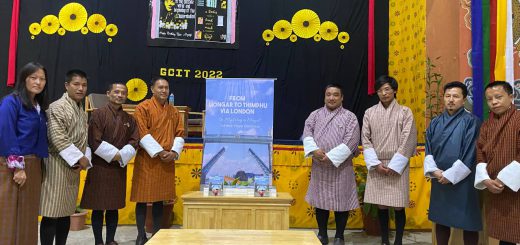
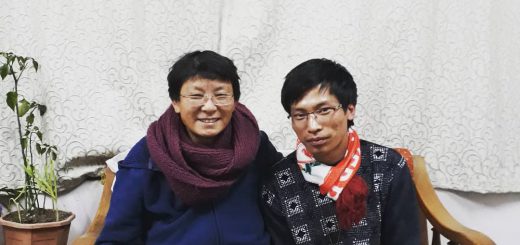
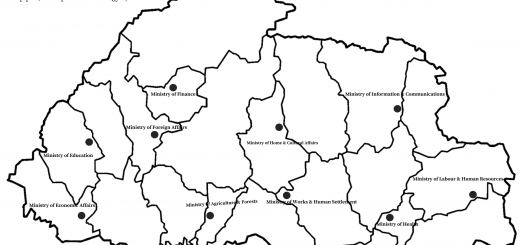
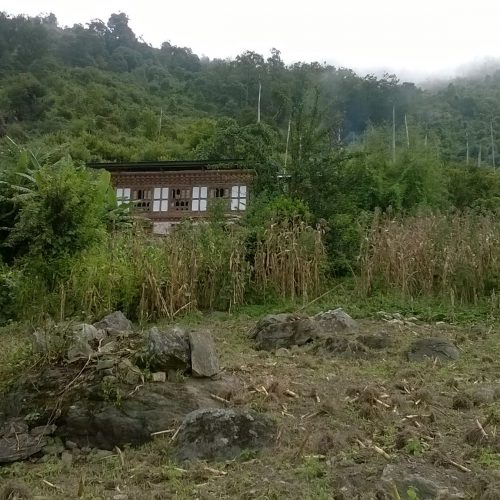
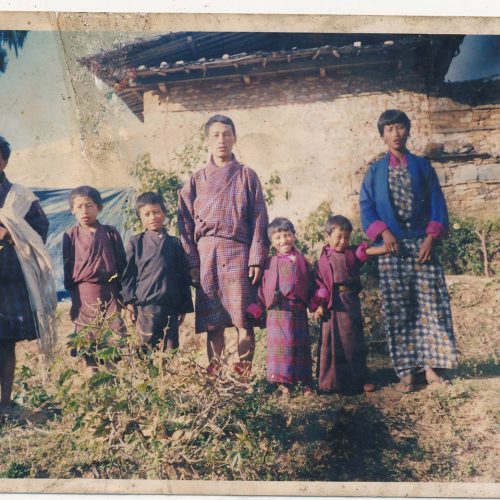
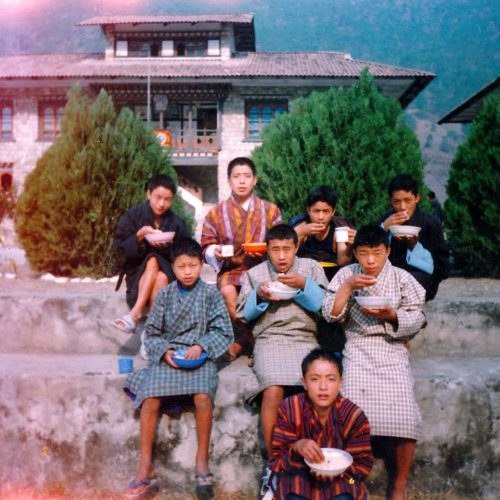
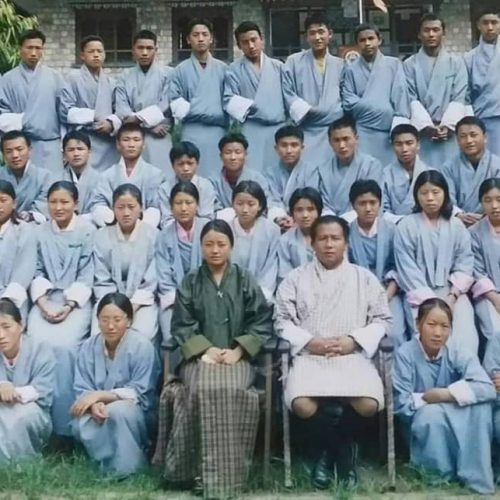
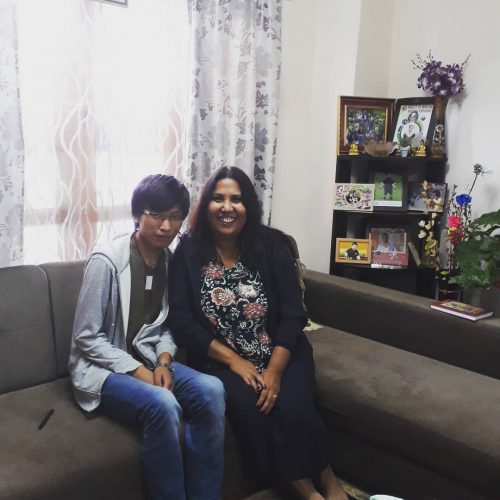
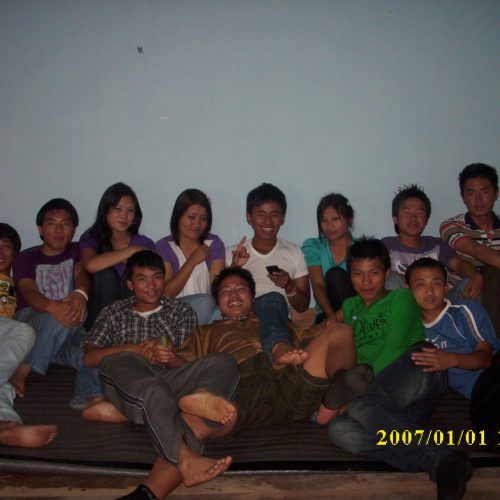
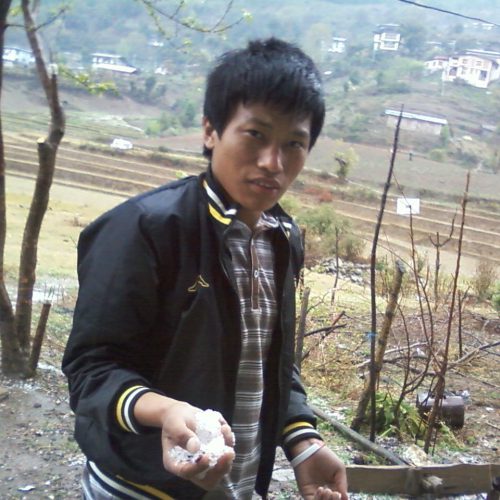
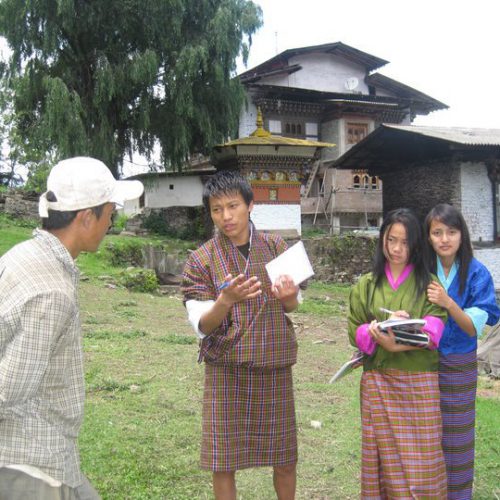
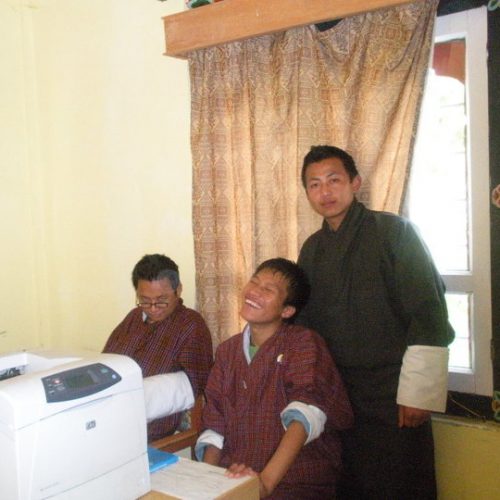
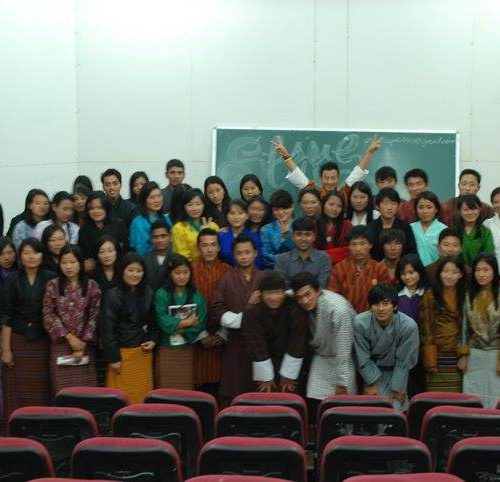
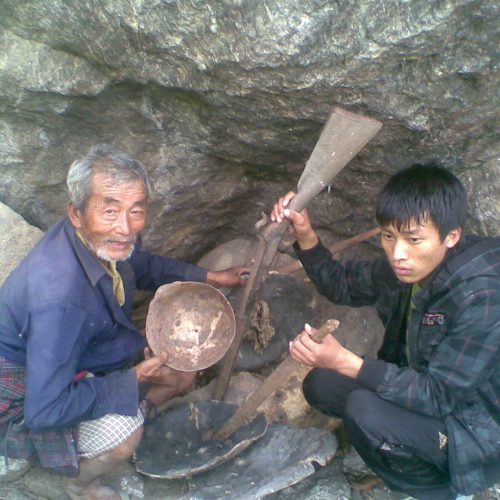
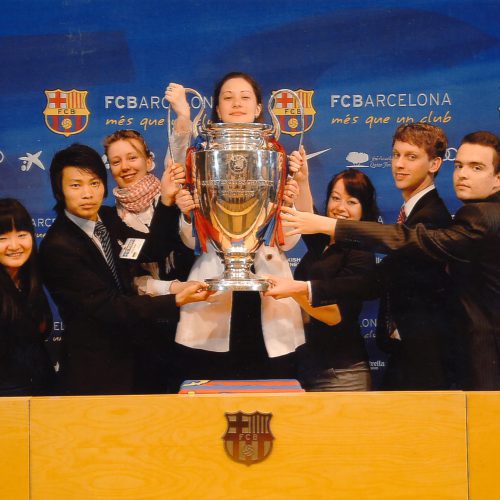

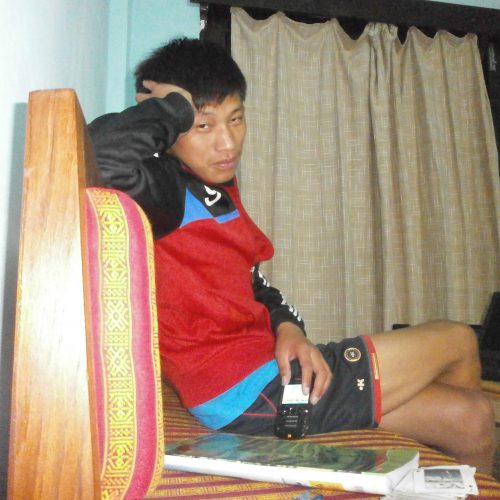
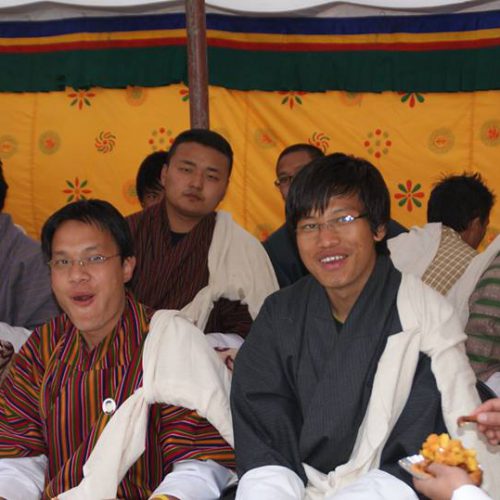
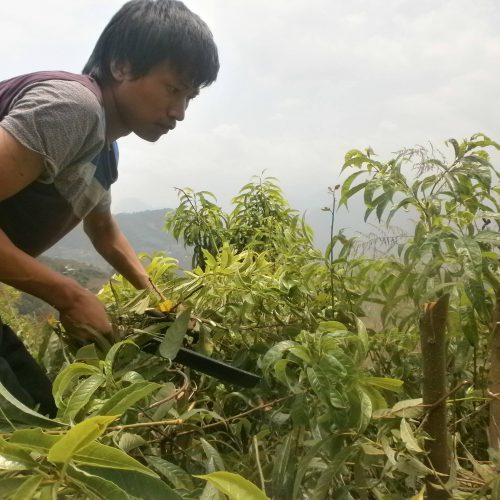
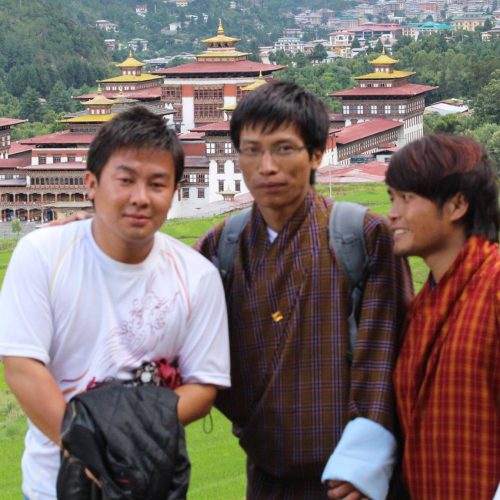
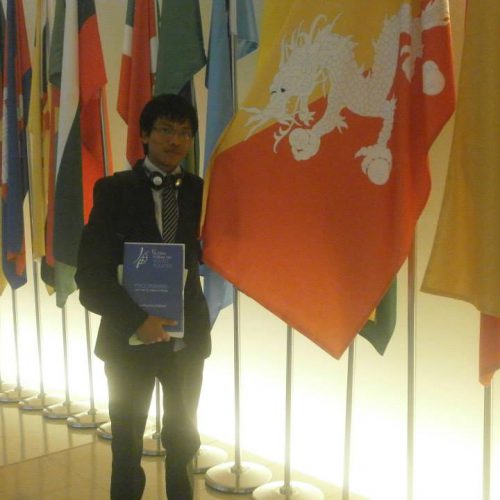
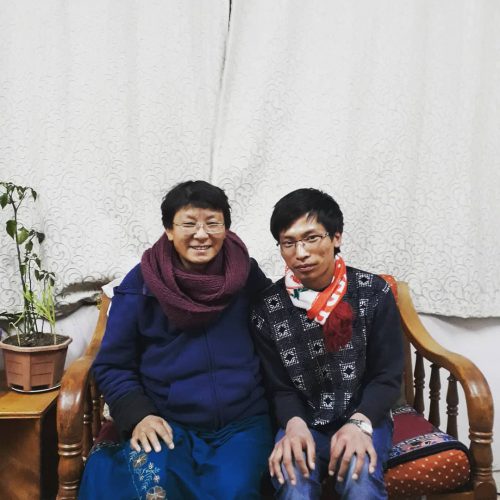
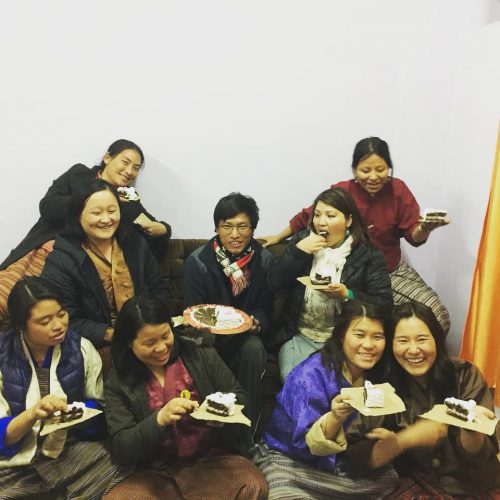
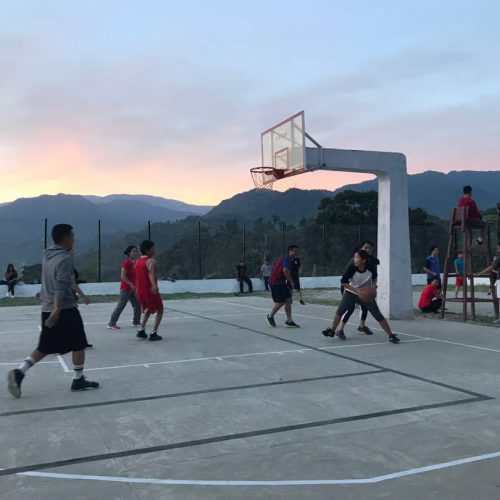
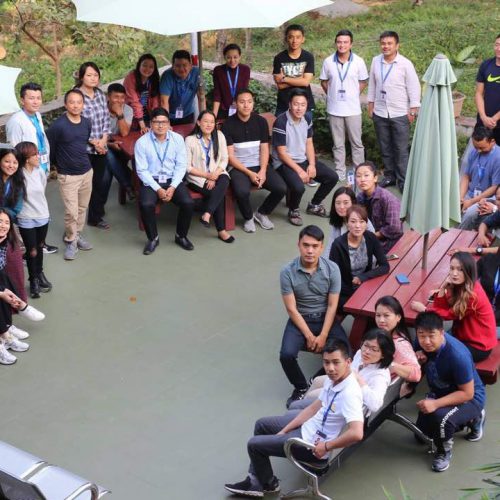
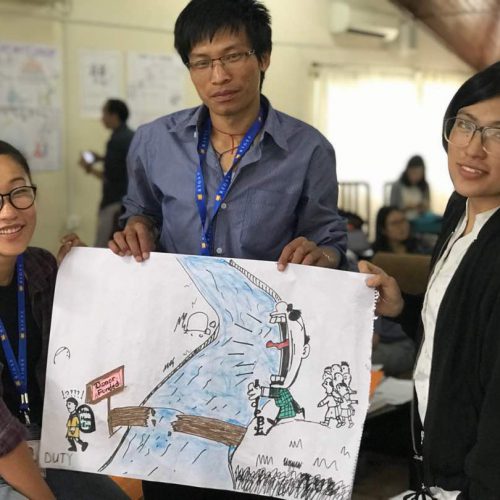
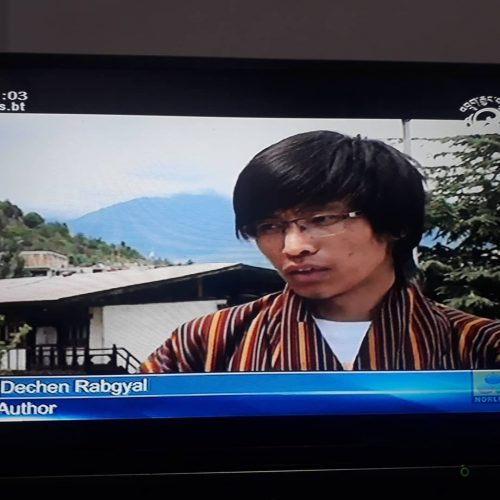
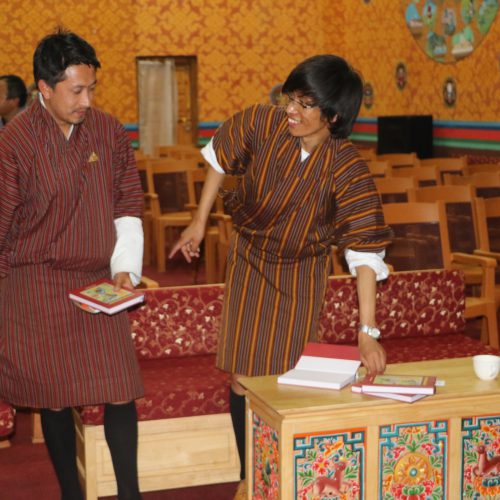

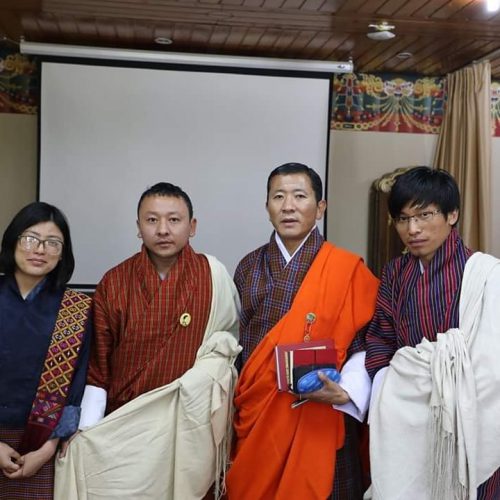


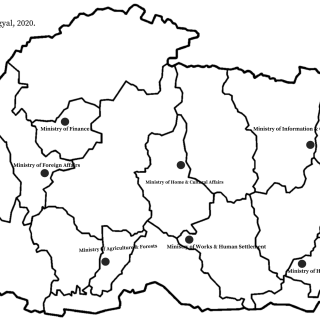

Nicely commented.
Wow…something which shud b taken into consideration by parents and male colleagues